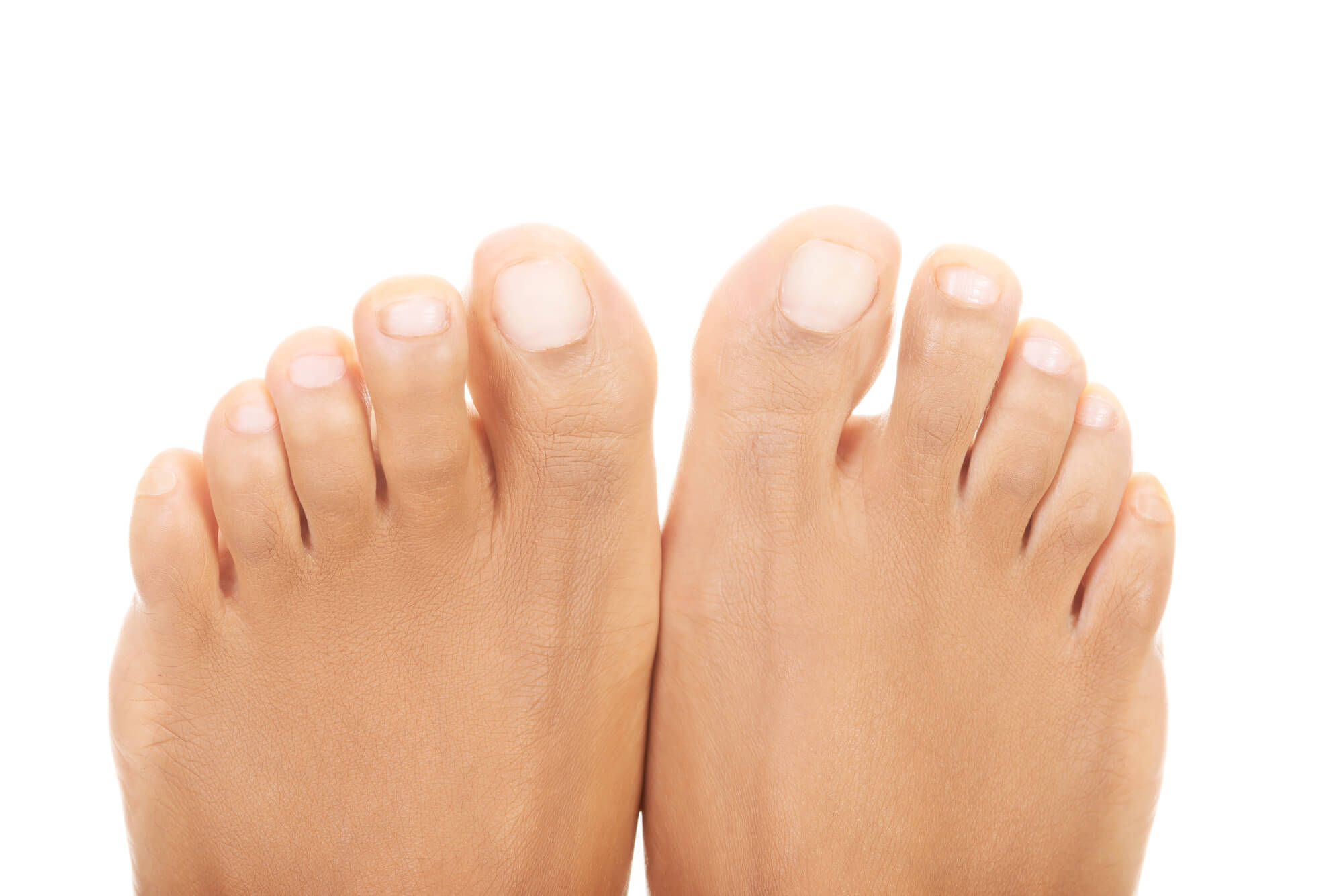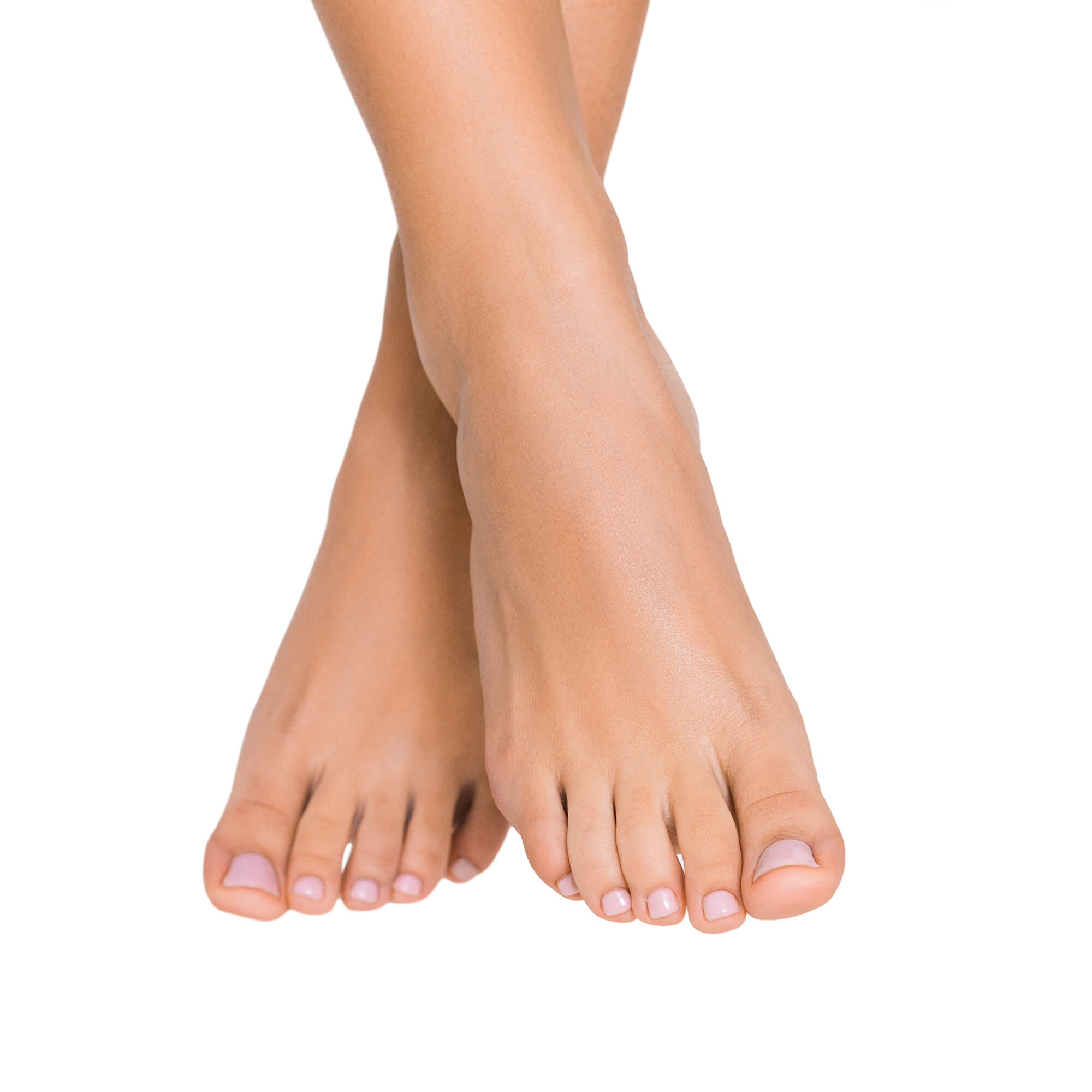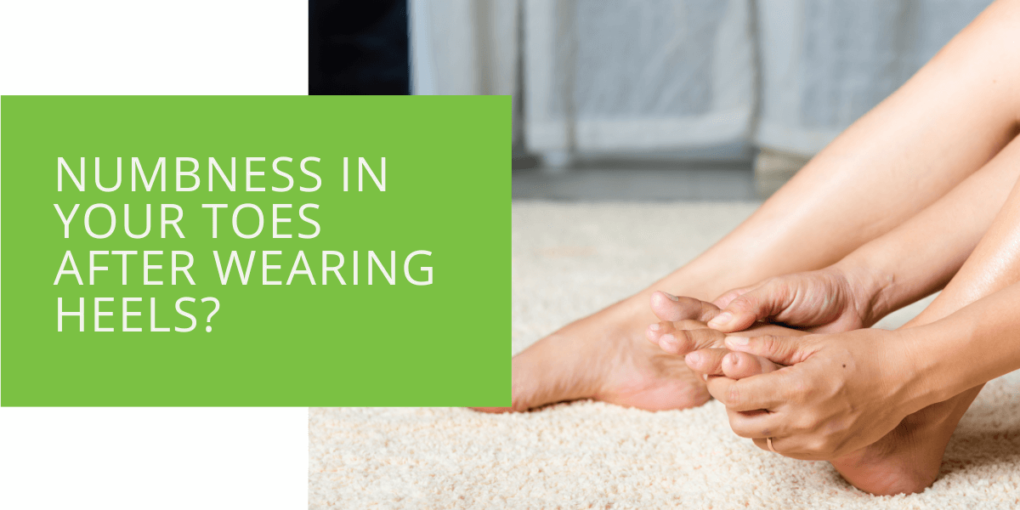Numbness in Your Toes After Wearing Heels?
You're not alone if you've ever experienced numbness in your toes after wearing heels. This common problem affects many people and can be caused by various factors. In this article, we'll explore the causes of heel-induced numbness and provide tips and solutions for prevention and treatment.
Why Heels Cause Numbness in Toes
Poor Fit
Poorly-fitted shoes can cause numb toes by putting pressure on the nerves in the foot. Shoes that are too tight, too loose, or do not provide adequate support can cause the nerves in the foot to become compressed, leading to numbness or tingling. This is particularly common in shoes with a narrow toe box, which can cause the toes to become squeezed and irritated. Numbness from a poor shoe fit can also indicate an underlying foot condition, such as a bunion or hammertoe.
Pressure on Nerves
Heels can put pressure on the nerves in the foot, leading to numbness or tingling. This pressure can be caused by shoes that are too tight or have a narrow toe box, as well as by the angle of the foot. Heels shift the body's weight forward, which can put additional pressure on the ball of the foot and the toes. Over time, this pressure can lead to nerve damage and peripheral neuropathy.
Reduced Blood Flow
Wearing high heels can also reduce blood flow to the toes, which can cause numbness or tingling. They can constrict blood vessels in the foot, making it more difficult for blood to circulate properly. This can cause the tissues in the foot to become deprived of oxygen and nutrients, leading to numbness, tingling, and even nerve damage.

Preventing Numbness in Toes from Wearing Heels
Proper Shoe Fit
The best way to prevent numbness in the toes is to wear shoes that fit properly. Shoes should be comfortable and provide adequate support and cushioning. When trying on shoes, walk around and stand in them for several minutes to ensure they feel good. If you have a pre-existing foot condition, such as a bunion, you may need to wear shoes specially designed to accommodate your condition.
Heel Height and Style
The height and style of the heel can also affect your toes going numb. They can put more pressure on the toes and ball of the foot, leading to numbness and tingling. If you're experiencing numbness, consider wearing shoes with a lower heel or a wider toe box. Platform shoes can also be a good alternative, as they distribute weight more evenly across the foot.
Stretching and Exercise
Stretching and exercise can help prevent numb toes by improving blood flow and preventing nerve damage. Simple exercises such as toe curls, ankle rotations, and calf stretches can help improve circulation and prevent numbness. Regular exercise can also help improve the overall health of your feet and prevent foot conditions that can cause numbness or tingling.

Foot Massage and Acupressure
Foot massage and acupressure can also help improve circulation and prevent toe numbness. Massage can help relax the muscles in the foot and increase blood flow, while acupressure can help stimulate the nerves in the foot and reduce tension. If you're experiencing severe numbness or pain, consider seeking the help of a professional foot specialist or podiatrist.
Treatment Options
Rest and Elevation
If you experience numbness after wearing heels, rest and elevation can help reduce inflammation and improve blood flow. Take breaks throughout the day to elevate your feet above your heart level for a few minutes. This can help reduce swelling and allow blood to flow freely to the toes.
Ice and Heat
Ice and heat can also effectively reduce pain and inflammation in the foot. If you're experiencing numbness or tingling in the toes, try applying an ice pack to the affected area for 10-15 minutes. This can help reduce inflammation and numbness. Conversely, if you're experiencing pain or stiffness in the foot, applying a warm compress or a warm foot bath can help relax the muscles and improve blood flow.
Over-the-Counter Pain Relievers
Over-the-counter pain relievers, such as ibuprofen or acetaminophen, can help manage pain and inflammation in the foot. However, following the recommended dosage instructions and seeking professional help if you're experiencing severe pain or discomfort is important.

Orthotics
Orthotics, such as arch supports or insoles, can help provide support and cushioning for the foot, reducing pressure on the nerves and blood vessels. If you're experiencing toe numbness, consider getting custom orthotics made by a podiatrist or foot specialist. They can help ensure that the orthotics fit properly and address any underlying foot conditions contributing to the numbness.
Surgery
In severe cases, surgery may be necessary. This may be the case if you have a neuroma or your nerves or blood vessels are severely compressed. Your podiatrist or foot specialist can evaluate your condition and determine if surgery is best.
Conclusion
Numbness in the toes after wearing heels can be uncomfortable and even painful, but there are steps you can take to prevent and treat this condition. By choosing proper footwear, stretching and exercising, getting regular foot massages, and seeking professional help when necessary, you can improve the overall health of your feet and prevent your toes from going numb. If you're experiencing severe numbness or pain, don't hesitate to contact a podiatrist or foot specialist for an evaluation and treatment.

